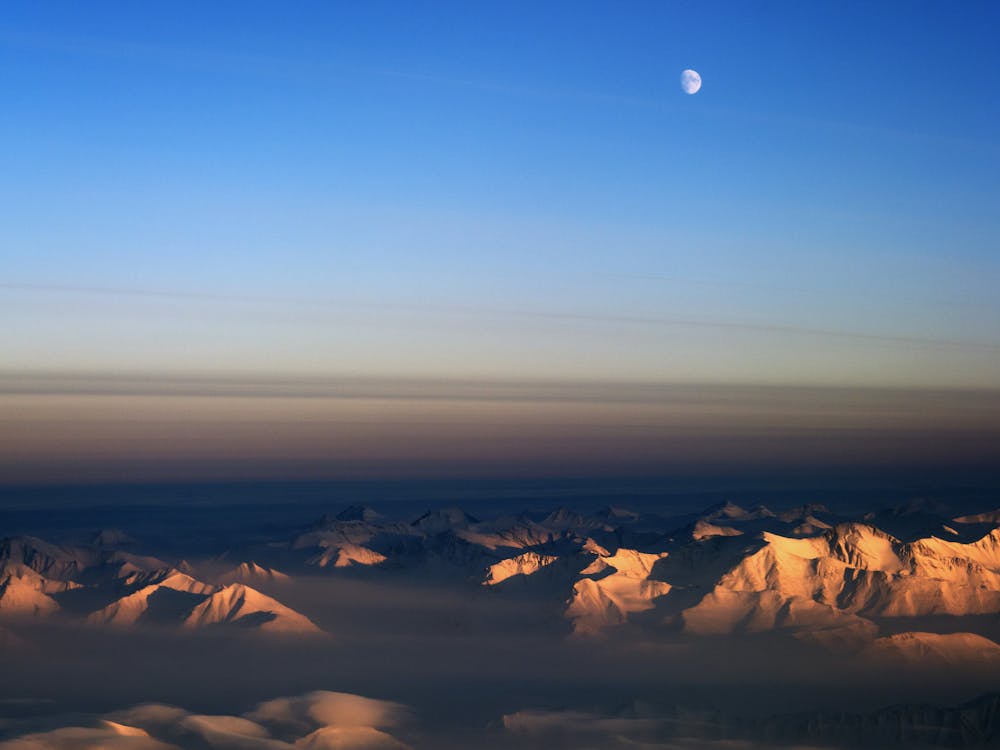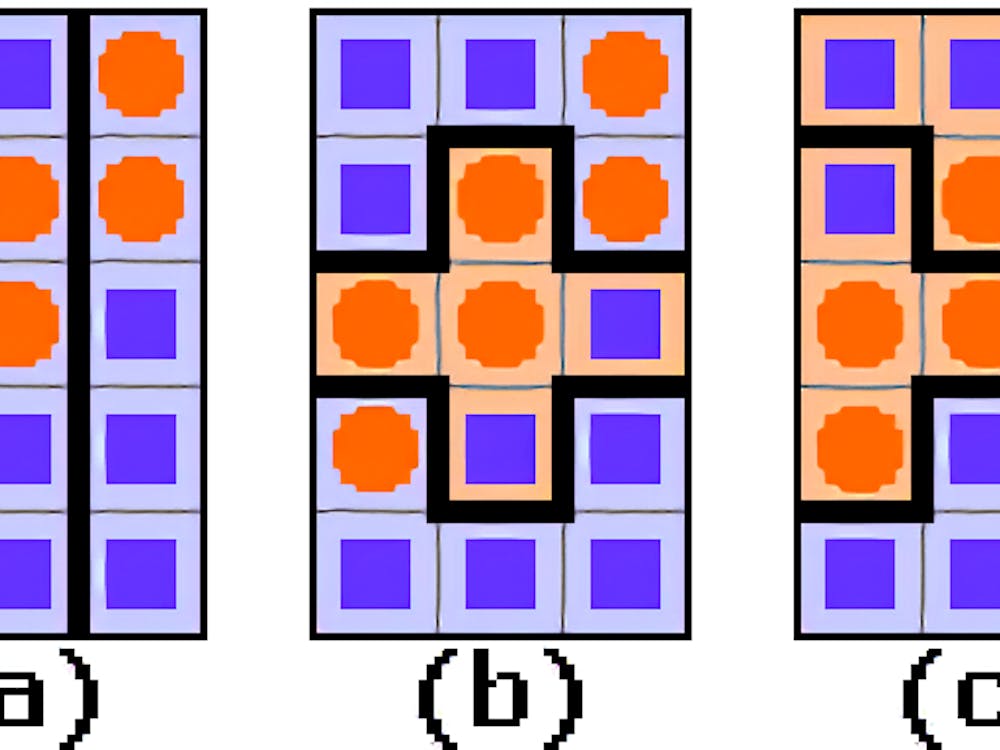Hosting the Olympics is a matter of national pride. Every two years the nations of the world descend upon the International Olympic Committee to vie for the honor . Often, hosting the Olympics becomes an opportunity for a country to redefine itself, to make a dramatic statement to the world as it attempts to come to the forefront of international politics. The 2008 Beijing games represented China’s grand entrance onto the world stage as a global power, after decades of extraordinary economic growth. In the eyes of Russia’s elite, Sochi bears the same potential as Beijing. It comes as no surprise, then, that since winning the bid to host the 2014 Winter Olympic Games, Russia has invested a tremendous amount of resources into creating what it believes will be, according to the official website, “the world’s greatest sporting event”. As well as heralding the return of Russian prestige, Putin doubtlessly hopes to use the 2014 Winter Olympics at Sochi as a crowning symbol for his fourteen year rule as Russia’s undisputed strongman.
Despite the lofty goals Russia’s elite has heaped upon Sochi, the 2014 Winter Games pose as much a threat to Russia’s global image as they do a boon. The Games have brought with them increased international scrutiny, and as a result, Russia’s historically contentious human rights and civil liberties record has been the target of renewed criticism. A recent anti-gay law that bans "propaganda of homosexualism" has come under fire from the West and has even led to calls for a boycott of the games altogether. Racial tensions and Russia’s growing xenophobia have not escaped criticism either, with calls for change coming from within and without Russia. Following the murder of ethnic Russian Yegor Shcherbakov two weeks ago, Moscow was plunged into a wave of race riots. Ethnic tensions are only exacerbated by a stagnating economy, waning investments, and growing distrust in elected officials. Each of these factors place strains on Russian society that could manifest themselves in protests and riots at the Games. The Russian government has attempted to head off these fears by prohibiting all public gatherings in Sochi leading up to the Olympics. As disastrous as a large public protest would be for Russia’s image, a heavy-handed crackdown would elicit far greater global condemnation and serve as a major embarrassment for Putin’s presidency.
Another key concern for Putin is the presence of terrorist elements in the region surrounding Sochi, which is located close to the North Caucasus: a hotbed of religious radicalism and terrorism. The fear amongst officials is that presented with a prominent venue such as the Olympics, terrorists might try to use it as an opportunity to promote their views to a worldwide audience. Doku Umarov, leader of the Caucasus Emirate terrorist organization, has been one of the most vocal terrorists advocating an attack on the Sochi Olympics on the grounds that the Olympic city sits on lands stolen from Muslim tribes by Russia during the 19th-century Caucasian wars.
While many in Russia argue that the honor of hosting the Games is priceless, the Sochi organizers have nevertheless come under fire for cost and time overruns. These criticisms have become persistent sources of chagrin for Putin. Costs for the project have ballooned to nearly fifty billion USD, a five-fold increase over the initial forecast. Costs for the Fisht Olympic Stadium have already doubled to nearly one billion USD, and construction has been so delayed that it has jeopardized rehearsals for the opening ceremony, which were slated to begin months in advance of the Games but have now been shortened to five weeks prior. This has led Putin’s critics to accuse him of poor administration and cronyism, with some reports indicating that nearly half of the total costs have been lost to embezzlement, kickbacks, and corruption. Others blame Olimpstroi -the umbrella organization that oversees the contractors responsible for the construction of all the Olympic venues in Russia - for intentionally delaying construction in an effort to charge higher prices for their services.
Despite these and other causes for concern, Russia’s ruling elite continues to have very high hopes for the upcoming Games. In the same manner that the 2012 Beijing restored China to some of its historic glory, Putin hopes to see Sochi return Russia to its former Soviet glory. For much of the past two decades, the Kremlin, especially under Putin, has been driven by the singular goal of returning Russia to its former position of global influence. Indeed, Russia’s actions in the Syria conflict, its renewed claims to the Arctic Circle, and its growing enmity towards the West all implicate a Russia that is striving to reassert itself as a dominant global power. Sochi, then, could very well be the manifestation of years of painstaking progress.
Given these circumstances, Sochi had the potential to become the rallying point for its country, restoring national pride and marking the dawn of post-Soviet Russia. What Putin and the Russian elite seem to be missing is that this is more contingent upon how Russia handles itself internationally than how it handles its Olympics. More realistically, Sochi will be an opportunity for Russia to prove to the world how far it has come since 1991, in the same way that Beijing was China’s opportunity. But whether Russia receives the same positive appraisal China has is unclear. As Putin said in 2007 after winning the Olympic bid, “[Sochi] is, beyond any doubt, a judgment of our country." But whether this works in his favor remains to be seen.




